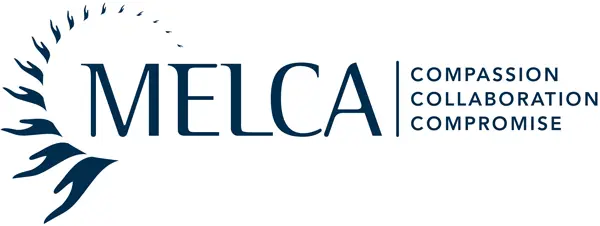It’s easy to assume that our view of the world is the right one or the only one. This is mostly unconscious and it can sometimes take us by surprise, or lead us into conflict, when we bump up against the reality that other people see situations, human behaviour, the world, differently from ourselves. That is, they have different perspectives.
I was once a litigation lawyer, or one who negotiated in an adversarial environment. That is a world where negotiation essentially amounts to bullying and bravado, tactics and ‘data drowning’. Despite how it looks to the external world, I would say that this is unsophisticated, low skill negotiation for the most part. It permits foot-stamping, threats about costs, wars of attrition by the one with the deepest pockets and the ultimate foot-stamp “see you in court”. I think most lawyers honestly believe that they are acting in the best interests of their clients when they engage in these battles. There is little insight in adversarial negotiation about what is driving the presenting conflict, and none about what role the lawyer’s own conflict style or relationship with the opposing lawyer has on the conflict. So what’s the link with perspective?
An adversarial lawyer protects themselves from the concept of perspective, partly as a shield but also as a sword. If adversaries start to acknowledge the ‘P word’ they have two choices, to put down their sword or runaway. Lawyers don’t do either of those things. They have no permission to do so and the rules of the game are about ‘facts’, evidence, rights. Venturing into the world of perspective is the opposite of what a litigation lawyer is hired to do. The best litigation lawyers are vaccinated against the perspective of their opponent, because understanding perspective is the first step towards empathy , and empathy is the enemy of opponents in the boxing ring. None of this means that those individual lawyers are incapable of empathy and understanding perspective, but that is not what they are hired to do. Or are they?
There is are huge debate amongst lawyers and the conflict resolution community, about the appropriate method for resolving conflicts and disputes. As a practitioner who believes in collaboration, co-operation, and the facilitation of agreements, I consider it my responsibility to actively explore and consider every alternative before recommending litigation. Sometimes litigation is the only option, but those cases are and always have been the small minority. I believe that there are many circumstances when a lawyer believes that they are hired to litigate, because that is their practice, rather than because they have any deep interest or understanding of other dispute resolution methods. Developing perspective, empathy and insight amongst lawyers, about client disputes, is likely to reduce the number of court cases that are initiated.
The people whisperers who make it possible for collaborative lawyers to understand something about perspective, are the psychologists and counsellors. It is a tragedy that not all lawyers have the chance to escape their silo and work side by side with a whisperer who can transform how people and conflict appear. Whisperers look at behaviour as distinct from judging and labelling a person, and attaching baggage to those labels. The honest truth is that I see lawyers doing a lot of the latter. My theory is that negative labels make it easier to attack the target, make them ’bad’ and deserving of defeat or punishment. Attaching negative labels to a person is more effective in combat than understanding the behaviour in a way that would illuminate it or edge one closer to thinking about perspective.
As a collaborative lawyer I have found embracing the concept of perspective to be liberating, for me and for my clients. It allows for honesty, deep resolution of conflict through non-defensive listening and communication. It goes far beyond getting to ‘yes’ in negotiations, and even beyond ‘yes, because I understand you’. I observe that it has the power to add aspects of peace and forgiveness, both of which are gifts we give to ourselves rather than the person with whom we are in dispute.
Lawyers are not a special breed. They are just as kind, funny, compassionate, forgiving, mad or bad as the rest of the world. If we all lived in a world where co-operation and collaboration were normal, and where psychologists and counsellors were more than equal players with the lawyers, I’m convinced that lawyers could be whispered into showing more of their kindness fun, compassion and forgiveness.
Marguerite Picard


